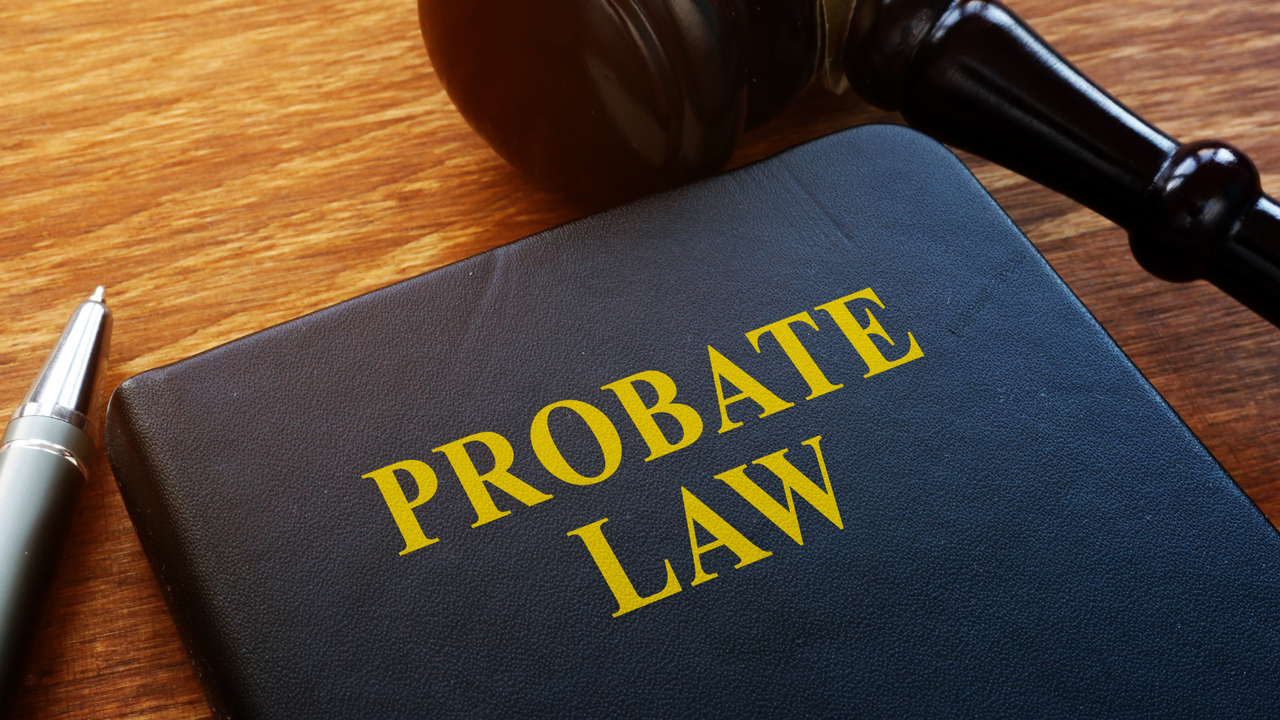
Do you need to probate a will? Planning for the future is one of the most responsible and caring acts you can undertake for your loved ones. It involves creating a legally solid and valid will that not only ensures your final wishes are clear but also serves as a means to save your family members from the stress and complications that can arise when trying to settle your affairs. To navigate this process efficiently, it's advisable to collaborate with a probate attorney in Orange County.
Probate, often associated with lengthy timelines and significant legal fees, can be a daunting prospect. However, taking strategic steps within your estate planning can provide an easier path for your loved ones to manage your assets and make necessary arrangements after your passing.
Probate is a legal procedure through which the court supervises the administration of a deceased person's estate. This process encompasses the distribution of assets, settling of debts, and various other financial matters. Depending on estate size, composition, and complexity, the probate process can extend over several years.
The steps in probate are numerous, beginning with the authentication of the will and encompassing asset identification and valuation. Notably, probate laws vary from state to state and even within different regions, underlining the importance of consulting a local attorney in California when assets need to go through probate to handle your specific case.
A will is a foundational estate planning document that records your final wishes and instructions. It can cover many matters, from detailing your burial preferences to designating beneficiaries for your property and possessions. Additionally, a will can be used to specify charitable donations, assign guardianships for minor children in case of your demise, and grant power of attorney to trusted individuals.
Crucially, a well-drafted will provides legally binding instructions for both the court and your loved ones to follow. Collaboration with an attorney during this process significantly reduces the risk of disputes or misunderstandings arising later on.
While a will forms an essential component of estate planning, it is not the sole document required to create a comprehensive plan.
If you are new to estate planning, you may be pondering the necessity of probate. Probate is a common requirement for the following scenarios:
However, some individuals opt not to create a will due to privacy concerns or a desire to avoid probate. Wills are public records, and not all families are comfortable with revealing detailed financial information.
In such cases, they often collaborate with a trust attorney in Orange County to establish a trust that ensures the seamless distribution of assets to beneficiaries without the need for probate.
While probate is often viewed as a complex and time-consuming process, there are compelling reasons why it is advisable to proceed with the probate of a will. Here are three key advantages:
In conclusion, probating a will offers several benefits, including legal validation, executor appointment, and creditor notification. While probate may seem complex, seeking professional guidance and taking proactive steps can help you navigate the process efficiently.
As you contemplate your future and the well-being of your loved ones, remember that estate planning is an essential step. Collaborating with an experienced attorney allows you to tailor your plan to your unique financial situation, ensuring your assets are distributed precisely as you intend.
Creating a clear and legally sound will is a pivotal component of estate planning. A skilled estate attorney will guide you through the process, helping you avoid common pitfalls and guaranteeing that your will is easily executable.
For comprehensive estate planning services, Parker Law Offices is your trusted partner. To schedule a complimentary consultation with our seasoned probate attorney in Orange County, contact us at 949-867-4818. At Parker Law Offices, we are committed to securing your legacy and providing peace of mind for you and your loved ones.
